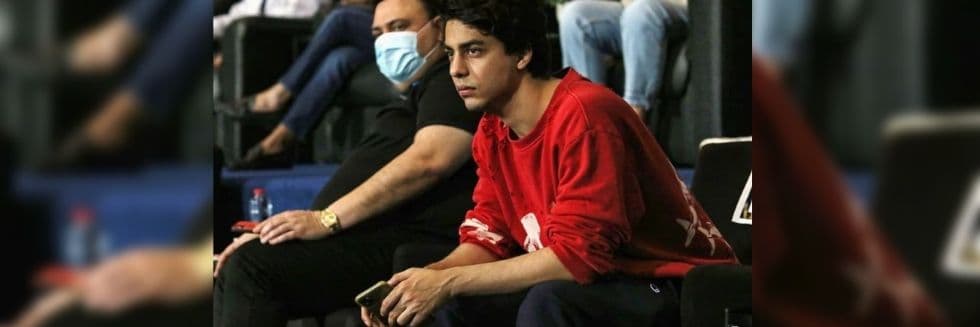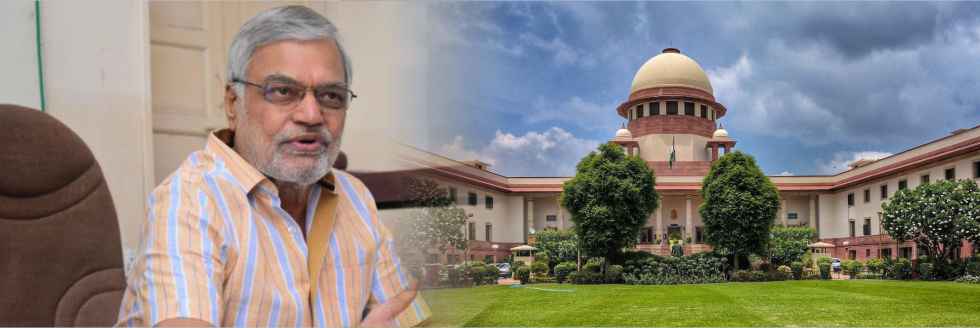Amidst a contentious legal battle, the Supreme Court has redirected a crucial challenge against the constitutionality of the Criminal Procedure (Identification) Act, 2022 and its accompanying regulations. The petition filed jointly by the Internet Freedom Foundation (IFF) and the Criminal Justice and Police Accountability Project (CPAP) contests the sweeping powers granted to law enforcement agencies in collecting biometric data. However, the apex court’s decision offers a new path advising the petitioners to seek recourse through the jurisdictional high court.
CASE DETAILS:
Internet Freedom Foundation & Ors. v. Union of India & Ors.
Writ Petition (Criminal) No. 53491 of 2023
Supreme Court
Coram: Justices Sanjiv Khanna and Dipankar Datta
BRIEF FACTS:
- The joint writ petition filed by IFF and the Criminal Justice and Police Accountability Project (CPAP) challenges the authority granted to law enforcement agencies under the CPI Act.
- This law permits the collection of diverse biometric data from individuals entering the criminal justice system.
- Unlike the former Identification of Prisoners Act, of 1920 which focused on finger and footprint impressions and photographs under magistrate supervision, the Criminal Procedure (Identification) Act, 2022 broadened these powers.
- The petitioners argue that this expansion lacks adequate privacy protections and due process safeguards alleging excessive delegation of authority.
OBSERVATIONS:
During the proceedings, Justice Khanna suggested: “Why don’t you go to the high court? We shouldn’t be the first court to hear this. It allows us to get the high court’s perspective when you approach them first.”
Advocate Abhinav Sekhri representing the Internet Freedom Foundation emphasized specific concerns about recent changes in rule-making provisions and the intricate relationship between legislative acts. He sought to convince the apex court to use its Article 32 jurisdiction. Despite Sekhri’s arguments, Justice Khanna reiterated the court’s position urging the petitioner to take their case to the high court. The counsel’s attempt to emphasize the significance of the issues raised to justify the top court’s intervention was firmly addressed by the bench.
Finally, the judge stated: “We decline to entertain the present writ petition under Article 32 of the Constitution. We advise the petitioner to approach the jurisdictional high court with a writ petition under Article 226 of the Constitution. We clarify that we have not made any comments or observations on the merits.”
JUDGEMENT:
On February 12, the Supreme Court declined to hear a writ petition filed by the Internet Freedom Foundation (IFF) and the Criminal Justice and Police Accountability Project (CPAP) challenging the constitutionality of the Criminal Procedure (Identification) Act, 2022 and its accompanying rules. However, the court allowed the petitioners to seek relief from the appropriate high court.






